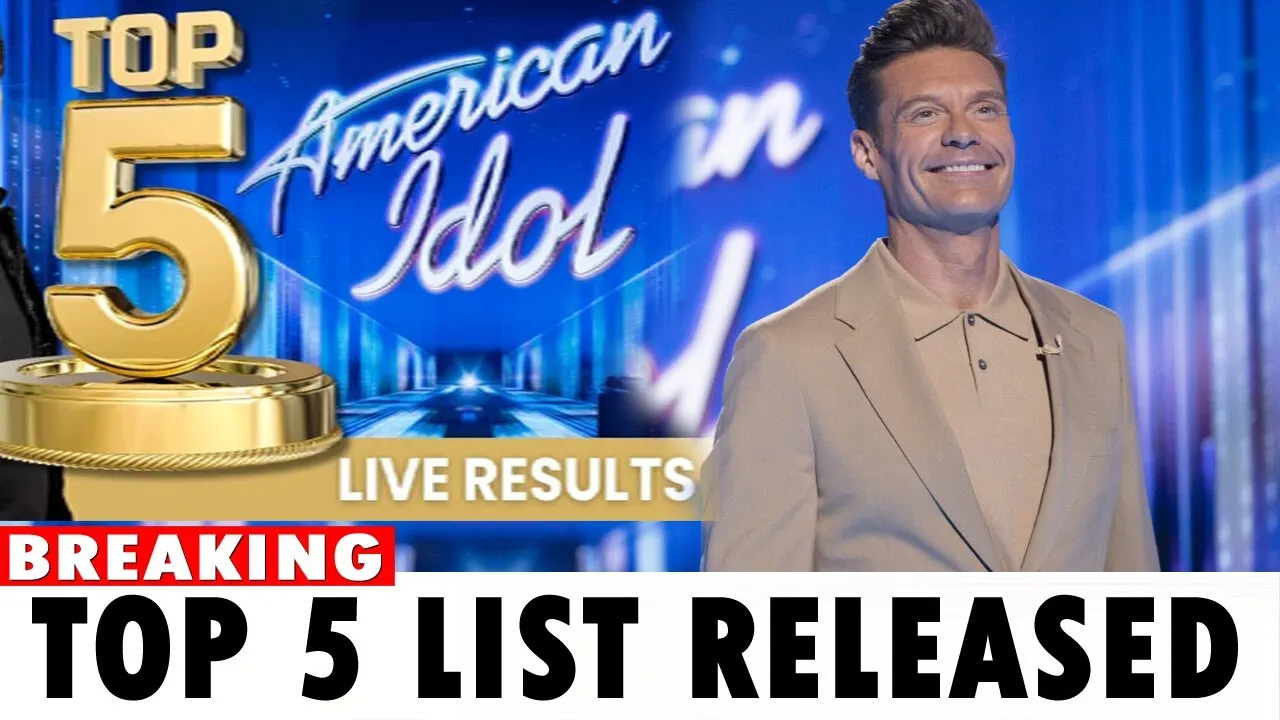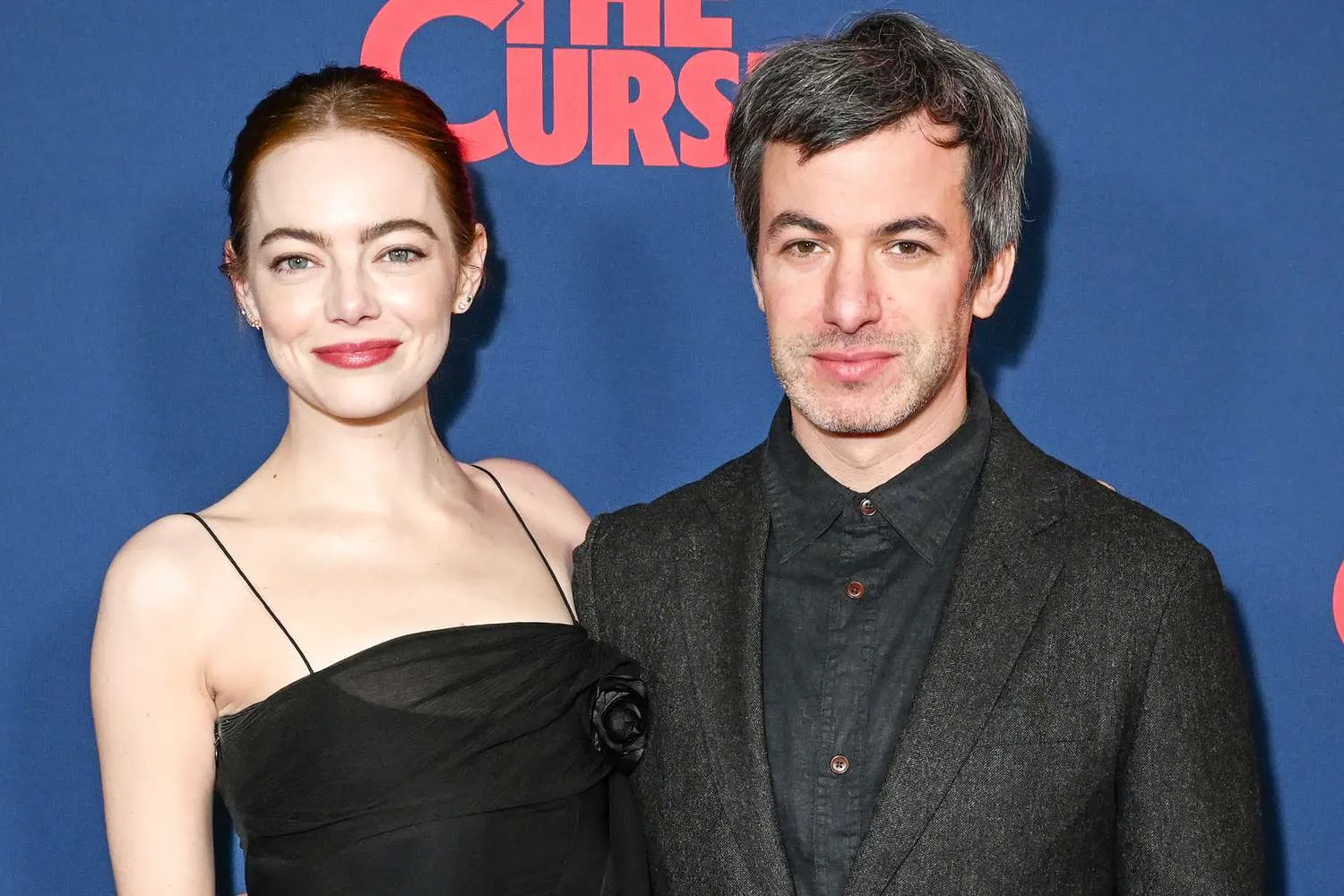Nick Cannon’s Shocking Confession: “I Need Help!” – What’s Behind His Bold Admission?
In a deeply personal and vulnerable moment, Nick Cannon has sent shockwaves through the entertainment industry with his raw and honest admission of struggling with mental health challenges. The multi-talented entertainer, known for his dynamic career spanning hosting, acting, and producing, has stepped forward to break the silence surrounding mental wellness in a move that has captured widespread attention.
Cannon’s confession comes at a critical time when discussions about mental health have become increasingly prominent in the public discourse. The entertainer’s bold statement highlights the universal nature of personal struggles, transcending fame and success. His willingness to speak out demonstrates remarkable courage in an industry often characterized by maintaining a perfect public image.
A Journey of Personal Challenges
The roots of Cannon’s current emotional state can be traced back to significant personal tragedies, most notably the heart-wrenching loss of his young son Zen to brain cancer in December 2021. This devastating experience has undoubtedly left an indelible mark on his mental and emotional landscape. The grief of losing a child is an unimaginable burden that has visibly impacted Cannon’s overall well-being.
Mental health professionals emphasize that processing such profound loss requires extensive support and professional guidance. Dr. Emily Roberts, a leading psychologist specializing in grief counseling, notes, “Losing a child is perhaps the most traumatic experience a parent can endure. Nick Cannon’s openness about his struggles is both courageous and necessary.“
The Pressures of Public Life
As a prominent figure in entertainment, Cannon faces unique challenges that extend beyond personal tragedy. His multifaceted career demands constant performance, creativity, and public engagement. Hosting shows like “The Masked Singer” and managing multiple professional commitments can create immense psychological strain.
The entertainer has been transparent about the emotional toll of his various roles:
- Hosting multiple television shows
- Managing a successful production company
- Maintaining a high-profile public persona
- Balancing personal relationships
- Navigating media scrutiny
Breaking the Stigma
Cannon’s admission represents more than a personal statement—it’s a powerful statement about mental health awareness. By publicly acknowledging his need for help, he challenges the long-standing stigma surrounding mental health, particularly in communities where seeking support is often perceived as weakness.
“Asking for help is not a sign of weakness, but a testament to personal strength and self-awareness.” – Nick Cannon
Public and Professional Support
The response to Cannon’s confession has been overwhelmingly supportive. Fans, fellow celebrities, and mental health advocates have rallied around him, praising his transparency and vulnerability. This collective support underscores the importance of open conversations about mental wellness.
Looking Forward
While the details of Cannon’s specific mental health journey remain private, his commitment to healing is clear. He has hinted at taking time to focus on personal well-being, potentially stepping back from some professional commitments to prioritize his mental health.
A Broader Message
Cannon’s story transcends individual experience, serving as a critical reminder that mental health challenges can affect anyone, regardless of success, fame, or social status. His courage in speaking out potentially provides a lifeline to others struggling silently.
Call to Action
For those experiencing similar challenges, resources are available:
- National Mental Health Hotline: 1-800-273-8255
- Online counseling services
- Community support groups
- Professional therapy options
Conclusion
Nick Cannon’s bold confession is more than a personal revelation—it’s a powerful testament to the importance of mental health awareness. By sharing his journey, he offers hope, understanding, and a critical reminder that seeking help is a sign of strength, not weakness.
Disclaimer: This article is based on public statements and reports. Individual mental health experiences are unique and complex.






Leave a Comment